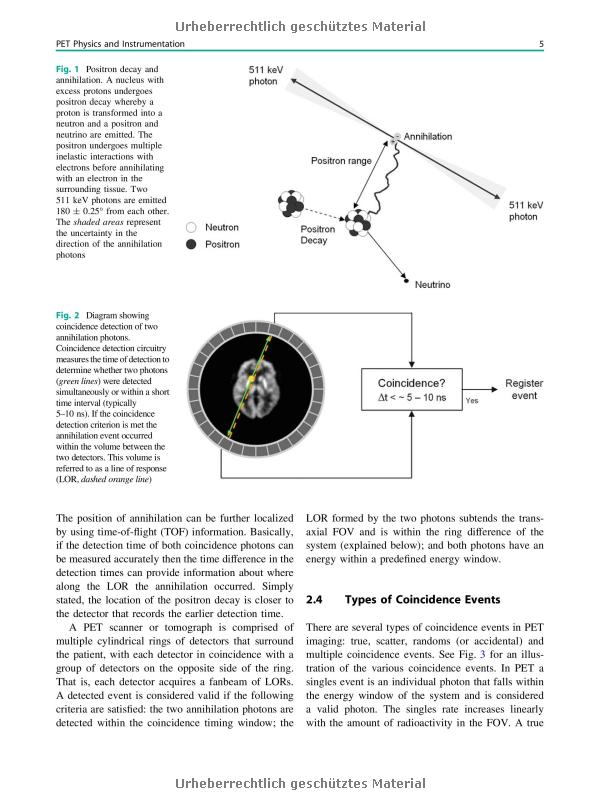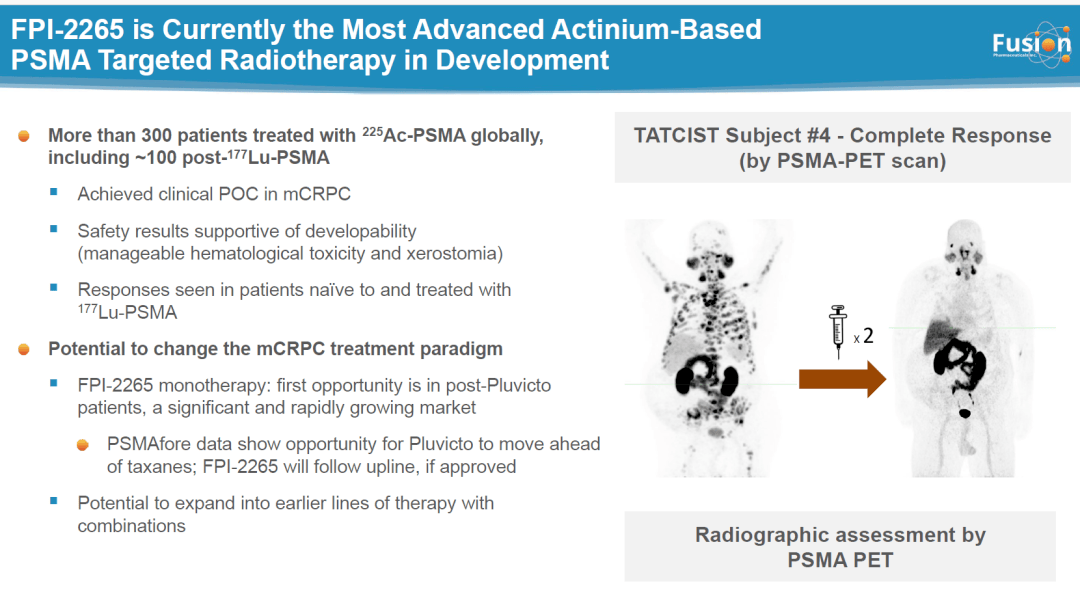Unlocking the Future of Prostate Cancer Detection with PSMA PET CT Scan
In the realm of advanced medical imaging, the PSMA PET CT scan stands out as a groundbreaking tool that is revolutionizing the way we detect and monitor pro……
In the realm of advanced medical imaging, the PSMA PET CT scan stands out as a groundbreaking tool that is revolutionizing the way we detect and monitor prostate cancer. This sophisticated imaging technique combines the precision of Positron Emission Tomography (PET) with the detailed anatomical information provided by Computed Tomography (CT), resulting in a powerful diagnostic method that enhances our understanding of prostate cancer's behavior and spread.
Prostate cancer is one of the most common cancers among men, and early detection is crucial for effective treatment. Traditional imaging techniques, while useful, often fall short in providing the detailed insights needed for accurate diagnosis and staging. This is where the PSMA PET CT scan comes into play. By targeting the Prostate-Specific Membrane Antigen (PSMA), a protein that is overexpressed in prostate cancer cells, this scan allows for a more targeted approach to imaging.

The PSMA PET CT scan not only improves the accuracy of detecting prostate cancer but also aids in assessing the extent of the disease. This is particularly important for patients who may have advanced cancer or those who are at risk for recurrence after treatment. With its ability to identify metastases in lymph nodes, bones, and other organs, the PSMA PET CT scan provides a comprehensive view of the cancer's progression, enabling healthcare providers to tailor treatment plans that are more effective and personalized.
One of the key advantages of the PSMA PET CT scan is its ability to detect cancer at earlier stages than traditional imaging methods. This early detection can lead to timely interventions, which can significantly improve patient outcomes. Furthermore, the scan is not only beneficial for initial diagnosis but also plays a crucial role in monitoring the effectiveness of ongoing treatments. By comparing scans over time, physicians can determine how well a patient is responding to therapy and make necessary adjustments.

Patients often wonder about the safety and comfort associated with the PSMA PET CT scan. Generally, the procedure is non-invasive and involves minimal discomfort. The process begins with the administration of a radioactive tracer that binds to PSMA in the body. After a waiting period to allow the tracer to circulate, patients undergo the PET CT scan, which typically lasts about 30 minutes to an hour.
As with any medical procedure, it’s essential for patients to discuss the benefits and risks of the PSMA PET CT scan with their healthcare providers. Understanding the implications of the scan can help patients make informed decisions about their healthcare journey.

In conclusion, the PSMA PET CT scan is a game-changer in the field of prostate cancer diagnosis and management. Its ability to provide detailed insights into the presence and extent of cancer makes it an invaluable tool for both patients and healthcare professionals. As research continues to evolve and enhance the capabilities of this imaging technique, we can anticipate even greater advancements in the fight against prostate cancer. With early detection and personalized treatment plans, the PSMA PET CT scan is paving the way for improved outcomes and a brighter future for men facing this challenging diagnosis.